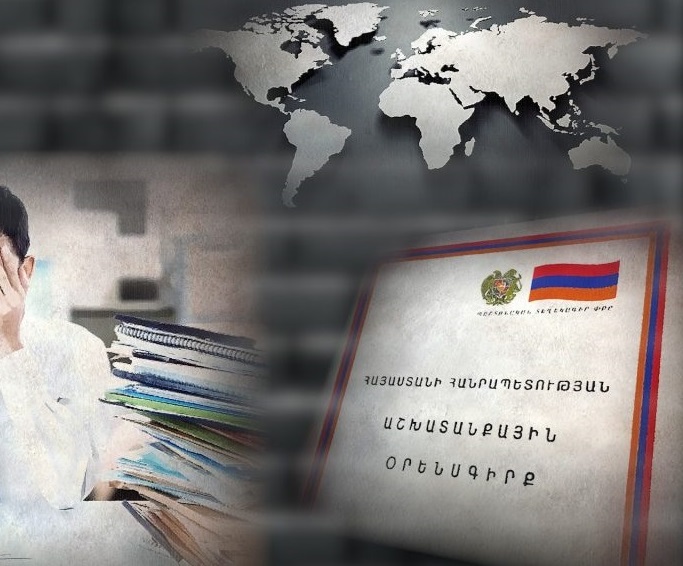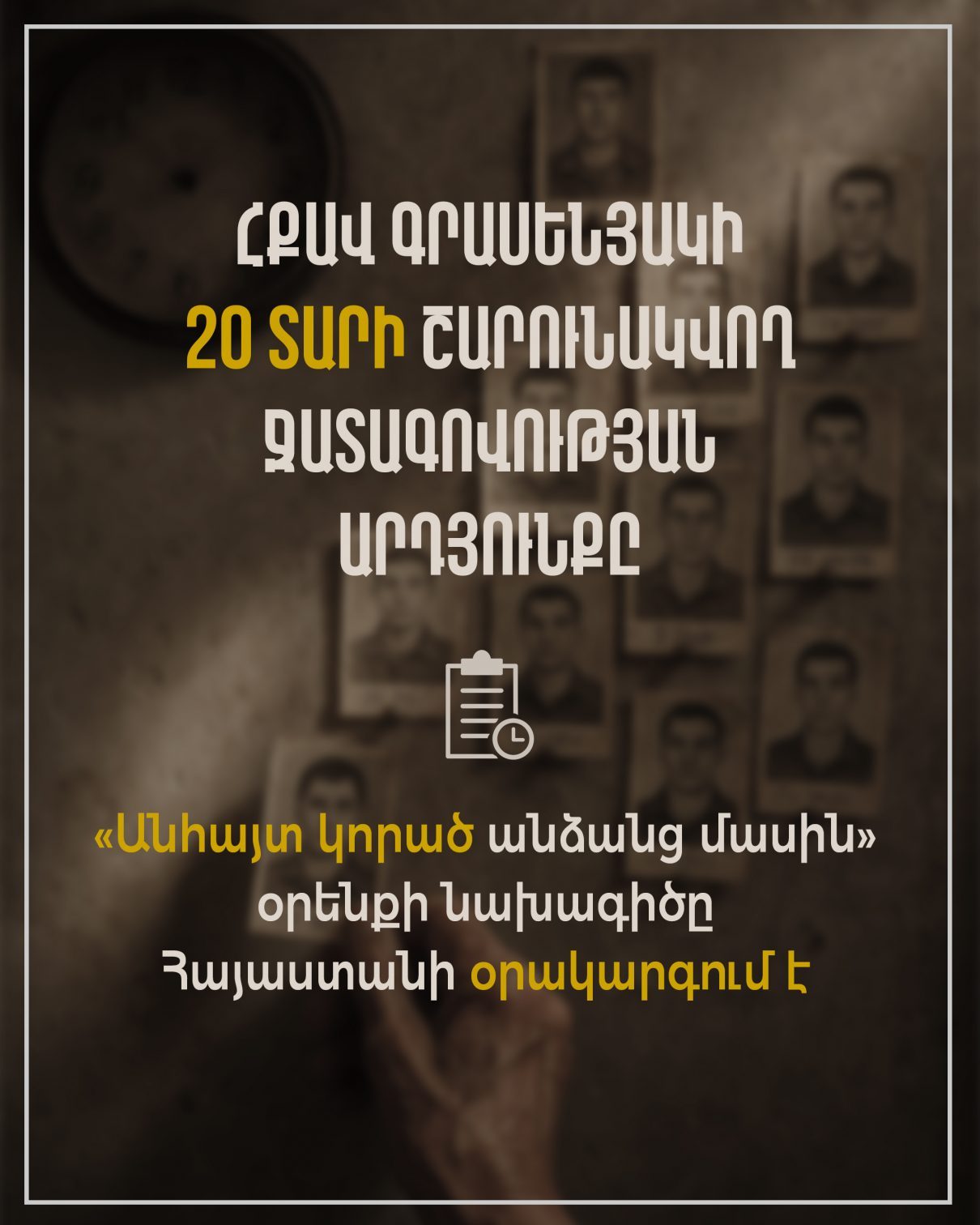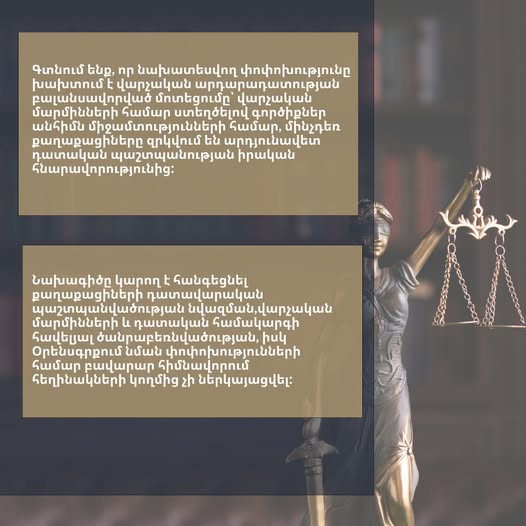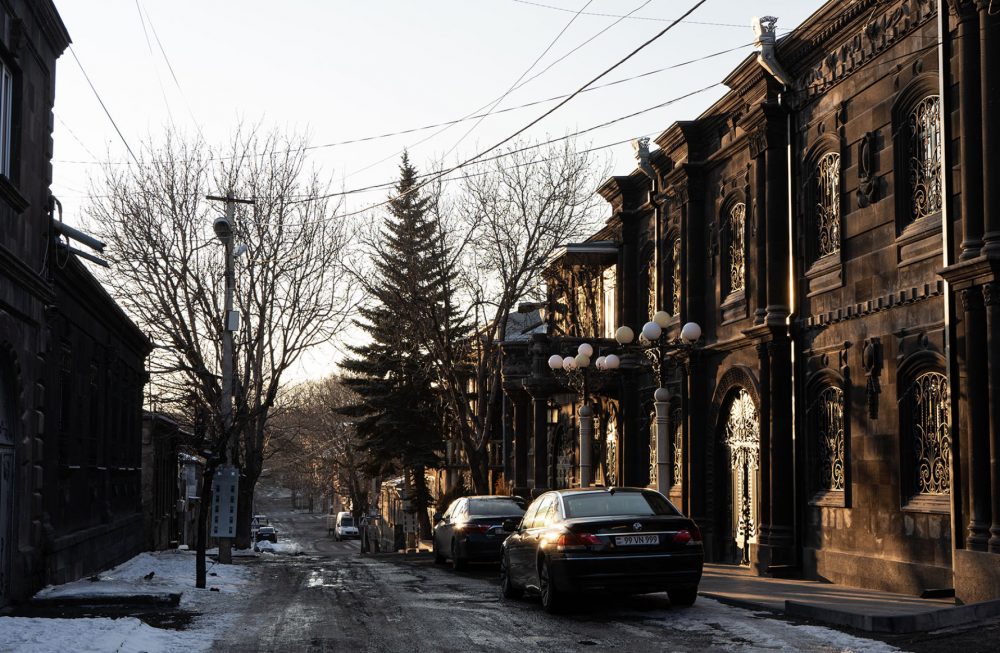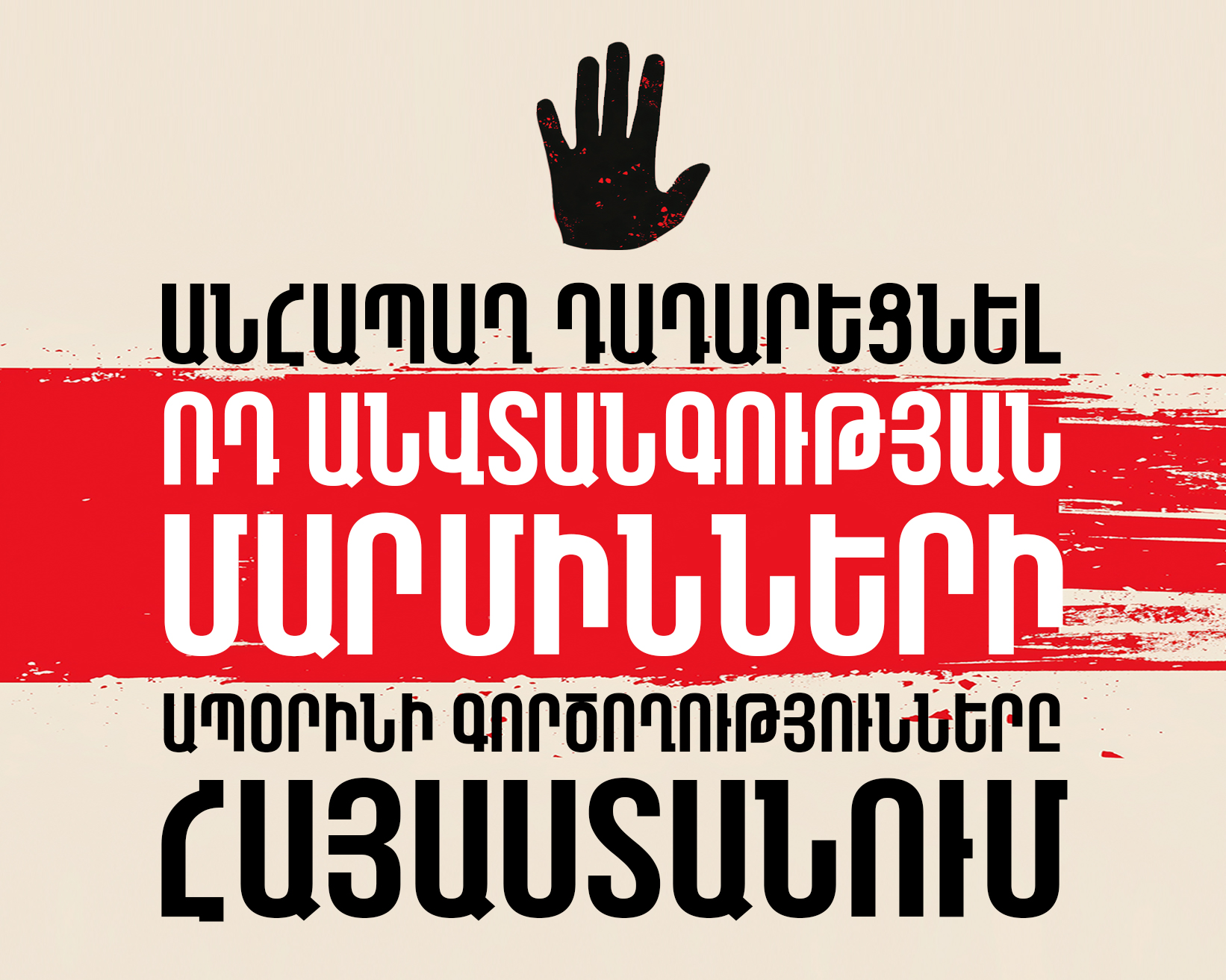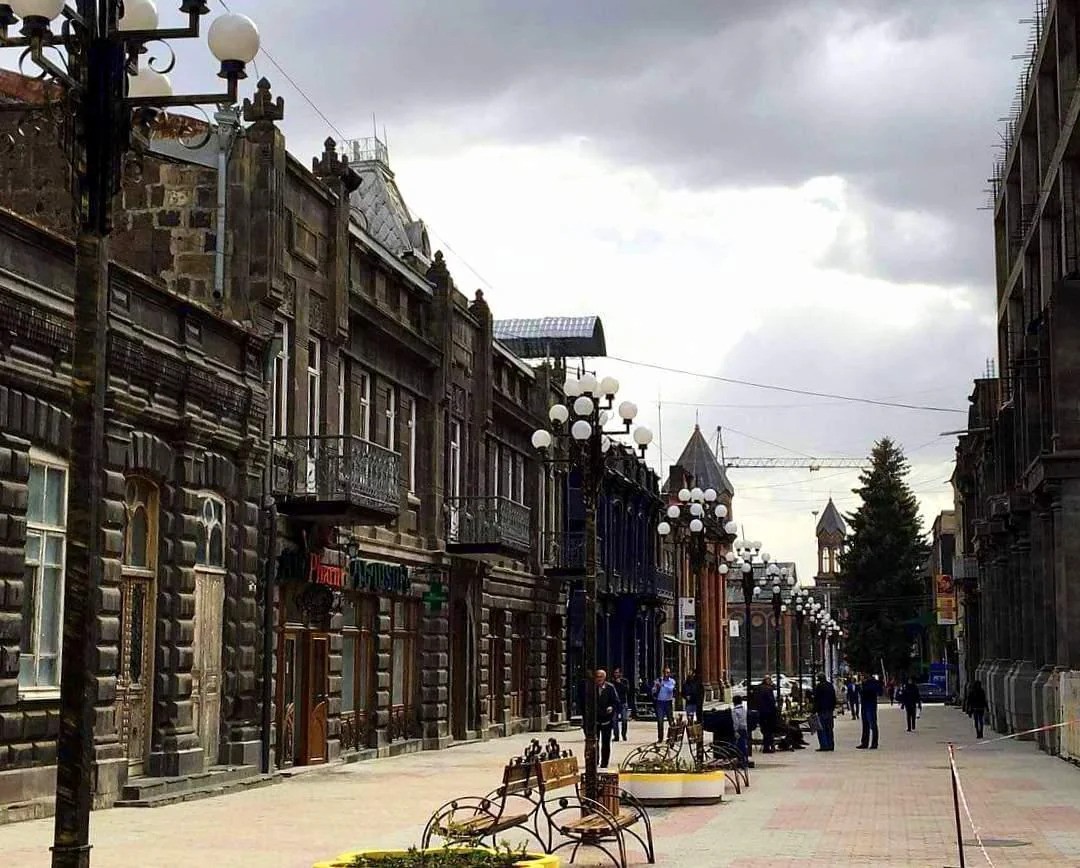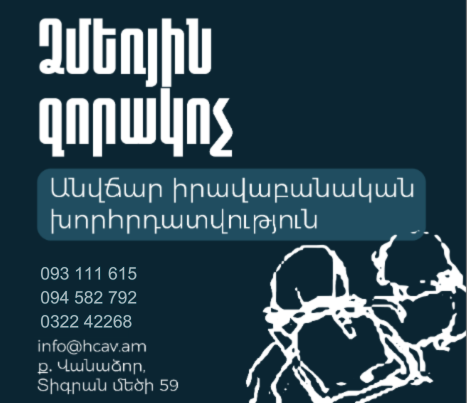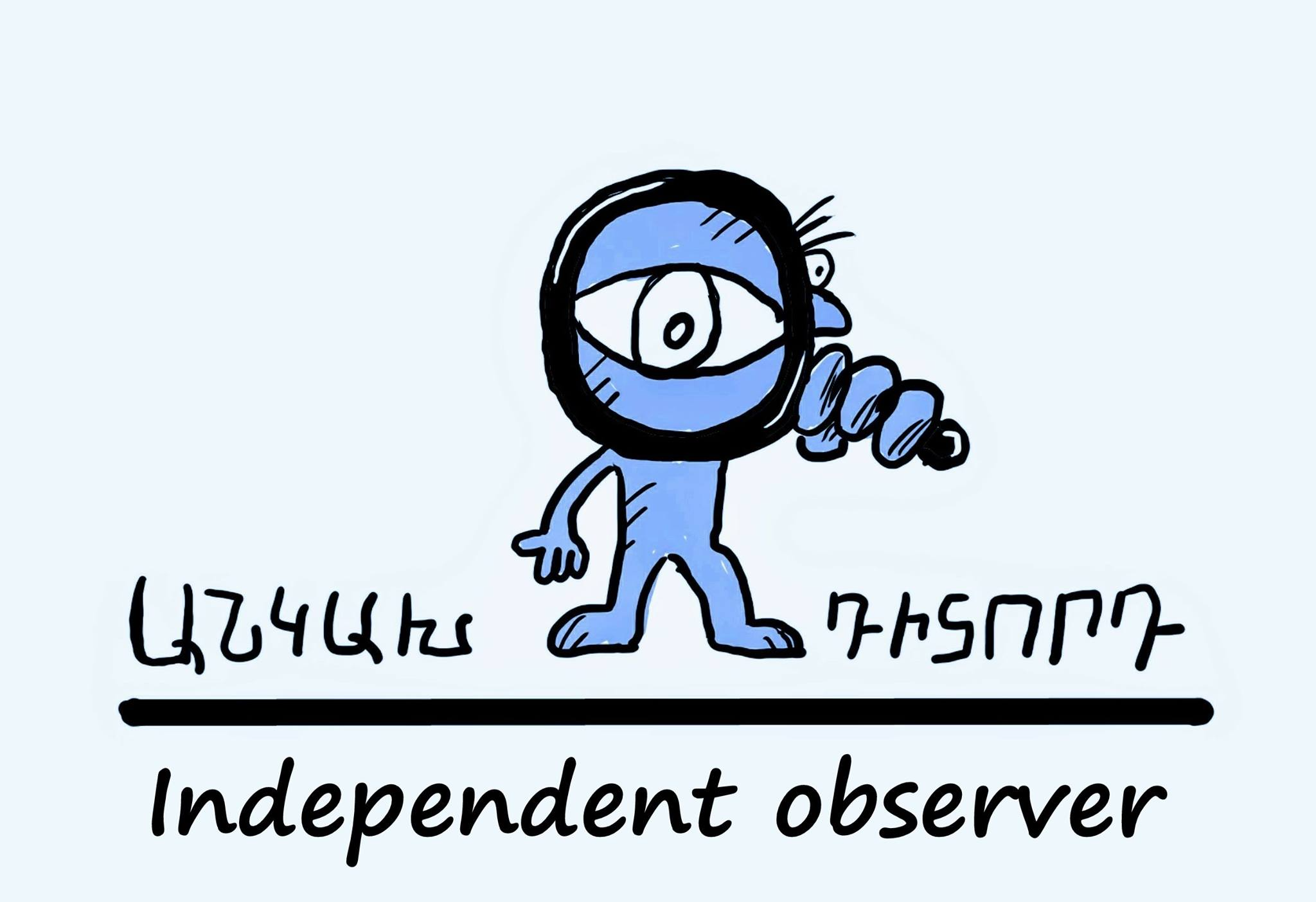




The state is failing to adequately fulfill its obligations to guarantee the rights of missing persons and their families. Relatives of missing servicemen

Activities | Legal Support | Legal Support | Project։ Protection of the rights of conscripts and servicemen | News
Four years after the Second Artsakh War, the problems of missing persons and their families continue to remain on the agenda.
For over twenty years, HCAV has been addressing the problems of missing persons and their families due to the conflict and advocating for their rights. Currently, with the support of the United Nations Voluntary Fund for Victims of Torture, the organization provides legal and psychological support to those affected by the conflict and their families.
On April 19 and July 9, 2024, the Organization held meetings with the relatives of servicemen who went missing as a result of the war initiated by Azerbaijan on September 27, 2020.
During these meetings, the relatives of the missing servicemen presented numerous and varied issues and concerns regarding the improper fulfillment of obligations by various state bodies.
According to official data, 195 individuals are considered missing as a result of the 44-day war initiated by Azerbaijan in 2020, of whom 175 are military personnel and 20 are civilians.
The dissatisfaction of the majority of relatives of missing servicemen with the work of state institutions is due to a number of circumstances.
-
Information provided to the families of the missing persons is limited, and their participation in criminal proceedings and in the progress of investigative actions is restricted.
-
According to the relatives of the missing servicemen, the recordings from cameras installed in military unit areas during the 44-day war are kept at the Ministry of Defense of Armenia, the National Security Service of Armenia, the Investigative Committee of Armenia, and the relevant divisions of the Military Police of Armenia. Some parents of the servicemen mention that they had the opportunity to view parts of these recordings at the Ministry of Defense. The parents complain that they do not have full access to the recordings, which prevents them from determining what really happened to their servicemen.
-
There are numerous inaccuracies in the results of DNA research. Essentially, the issues that the HCA Vanadzor recorded in the organization’s report “The State of the Rights of Persons Missing and Their Family Members During the 44-Day War in 2020” are still being raised by the families of the missing servicemen. Specifically, the inaccuracies in the matching of DNA samples are evidenced by the obvious mismatches between the bodies and remains of servicemen (such as foot size, dental structures, different body parts) or the marks, tattoos, and moles on the bodies, and the actual structure of the servicemen's bodies or body parts.
-
Investigative bodies do not provide the results of the electropherogram analysis to the relatives of the servicemen. Instead, the relatives learn about the DNA sampling results only through the expert opinion of the scientific-practical center of forensic medicine.This means that the relatives are not given the original DNA research document but rather a summarized extract.
-
In some cases, investigative bodies classify as misunderstandings the situations where the DNA results of a missing person and their parent match, but subsequent verification actions through the parents show that the provided information does not correspond to reality. For example, in one case, a serviceman's father was asked his wife's surname, and he mentioned a different surname. As a result, the father was informed that the DNA sample of a parent with that surname matched the DNA sample of one of the deceased servicemen. This was an attempt to convince the families of the missing servicemen that the sample belonged to their missing relative and that the serviceman had died.
-
The families of the missing servicemen are concerned that no numerical changes are made to the officially presented data even after proving the inaccuracies and questioning the objectivity of the DNA sample matching results. In other words, the official number of missing persons remains unchanged even when a second DNA test disproves the assumption that the serviceman is deceased. Additionally, the relatives of the missing servicemen point out that besides the officially reported 195 missing persons, the families of 85 more servicemen are convinced that despite the DNA match confirmation, the presented bodies or remains do not correspond to the physical characteristics of the missing servicemen. By considering these 85 missing servicemen as deceased, the state effectively relinquishes responsibility for their fate, ceases search efforts for their whereabouts, and presents an inaccurate picture to international bodies. Based on this, the relatives of the missing assert that the number of those missing due to the 2020 war is higher than the officially reported 195.
-
Parents emphasize that over the four years since the war, they have personally taken all possible steps to obtain information about the whereabouts and fate of their missing servicemen and view the actions of the relevant authorities as inaction. Moreover, according to the relatives of the missing servicemen, they have repeatedly appealed to the Armenian government, proposing various approaches to obtain information about the servicemen, but these have been continuously ignored by the investigative bodies and the defense department.
-
According to the relatives, the government attempts to "silence" some of the parents who are respected and actively fighting for their rights by offering them positions.
-
In addition to the mentioned issues, the relatives of the missing servicemen report various social problems. Specifically, there are currently no regulations ensuring employment for family members of missing servicemen, nor social support programs such as free courses aimed at capacity building and acquiring professional skills, which could later guarantee employment for the family members of missing servicemen.
Currently, the Armenian Government continues to provide social support to the families of missing servicemen within the framework of the "Bridge" program, based on the decision "On establishing support measures for families of servicemen missing as a result of military actions initiated by Azerbaijan on September 27, 2020," adopted on December 10, 2020. The program allows families of the missing to receive financial support without going to court and filing a lawsuit to have the missing servicemen legally declared absent. The issue is that since 2020, the validity period of the decision has been periodically extended, whereas it is necessary to establish the support framework for families of missing servicemen by law. This would ensure that the provision of such support is not discretionary but an obligation defined by law.
At the same time, the relatives of missing servicemen also need psychological support.
The HCA Vanadzor, with the involvement of psychologists, provides psychological support to the family members of those missing due to the war, former prisoners of war, and servicemen who participated in the war and need psychological rehabilitation.
The HCA Vanadzor has repeatedly emphasized, both publicly and during meetings with the relatives of the missing, the state's obligation to search for and provide information to the families regarding the whereabouts and fate of their missing relatives. This information must be undeniable, verifiable, and trustworthy for the relatives. Furthermore, all work with them should be carried out based on the principle of respect for human dignity.
Let us recall that in 2007, a group led by Leo Platvoet, the rapporteur of the PACE Committee on Migration, Refugees, and Displaced Persons, visited the countries of the South Caucasus, including Armenia, Georgia, and Azerbaijan. Based on these visits, a report was compiled, and as a result, on May 24, 2007, the Parliamentary Assembly of the Council of Europe adopted Resolution 1553 (2007) on the rights of missing persons and their family members.
Despite the adoption of the resolution, the Republic of Armenia has not yet fulfilled its obligations to the missing persons and their relatives at the legislative level.
The full implementation of the PACE resolution by the conflicting countries and their assumption of responsibility for the provisions outlined in it are extremely important. This could contribute to strengthening human rights in the region and reducing tensions between the conflicting states. Considering the constant risk of conflict escalation and the urgent need to provide comprehensive solutions to the numerous legal, social, financial, psychological, and other issues faced by the hundreds of missing persons and their families from Armenia and Nagorno-Karabakh after the war, the HCA Vanadzor initiated the development of the RA draft law "On Missing Persons" (hereinafter referred to as the Law) in 2007.
The work on the draft law was completed in 2011. However, the law has not been adopted to this day, partly because state bodies have long considered its adoption "not urgent" or "inappropriate." The adoption of the draft law "On Missing Persons" was deemed appropriate for the first time only in 2021, and only by the Ministry of Foreign Affairs of Armenia.
After nearly two decades of advocacy by the HCAV, the adoption of the "On Missing Persons" law was finally included in the 2023-2025 Action Plan derived from the National Strategy for the Protection of Human Rights, and the state has finally committed to the obligation of enacting such a law.
Currently, the work on the concept and draft of the Law is ongoing and is being coordinated by the Ministry of Justice of Armenia. On May 24, 2024, during a meeting between representatives of the HCA Vanadzor, the International Committee of the Red Cross, and the Deputy Minister and employees of the Ministry of Justice, the concept, objectives, and pathways to achieve the goals of the "On Missing Persons" law were discussed.
The HCA Vanadzor is committed to and continues its activities in the field of protecting the rights of persons missing as a result of the war and their families. A key issue in this area is the adoption of the "Law on Missing Persons," advocating for the state to fulfill its positive obligation to collect information about the fate of missing persons and to properly fulfill its obligation to provide this information to their families. The organization will continue to cooperate with the families of missing servicemen to ensure more effective protection of their rights and to keep the issue of missing persons in Armenia at the forefront of international organizations' attention.



